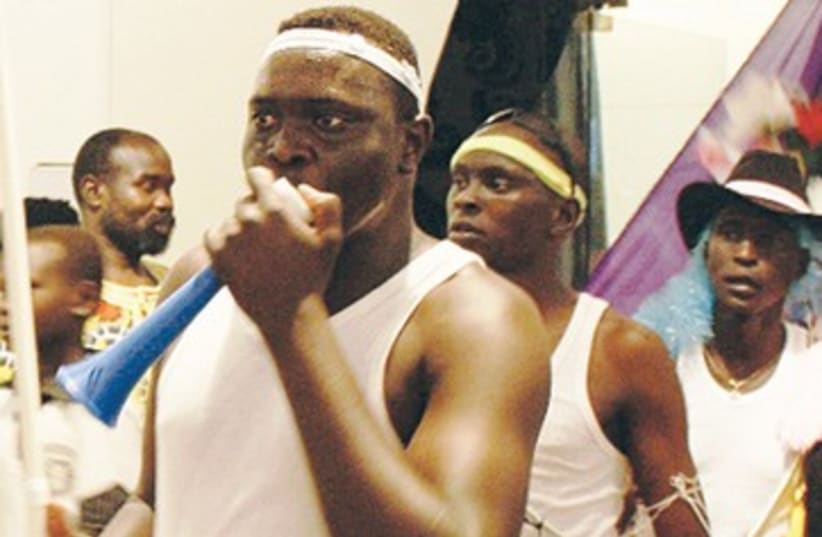Yonah Bob and Reuters contributed to this report.
Yishai to S. Sudanese: Leave now or be deported
Senior source says migrants who accept offer to voluntarily leave within week will get 1,000 euros and a flight ticket home.

Yonah Bob and Reuters contributed to this report.